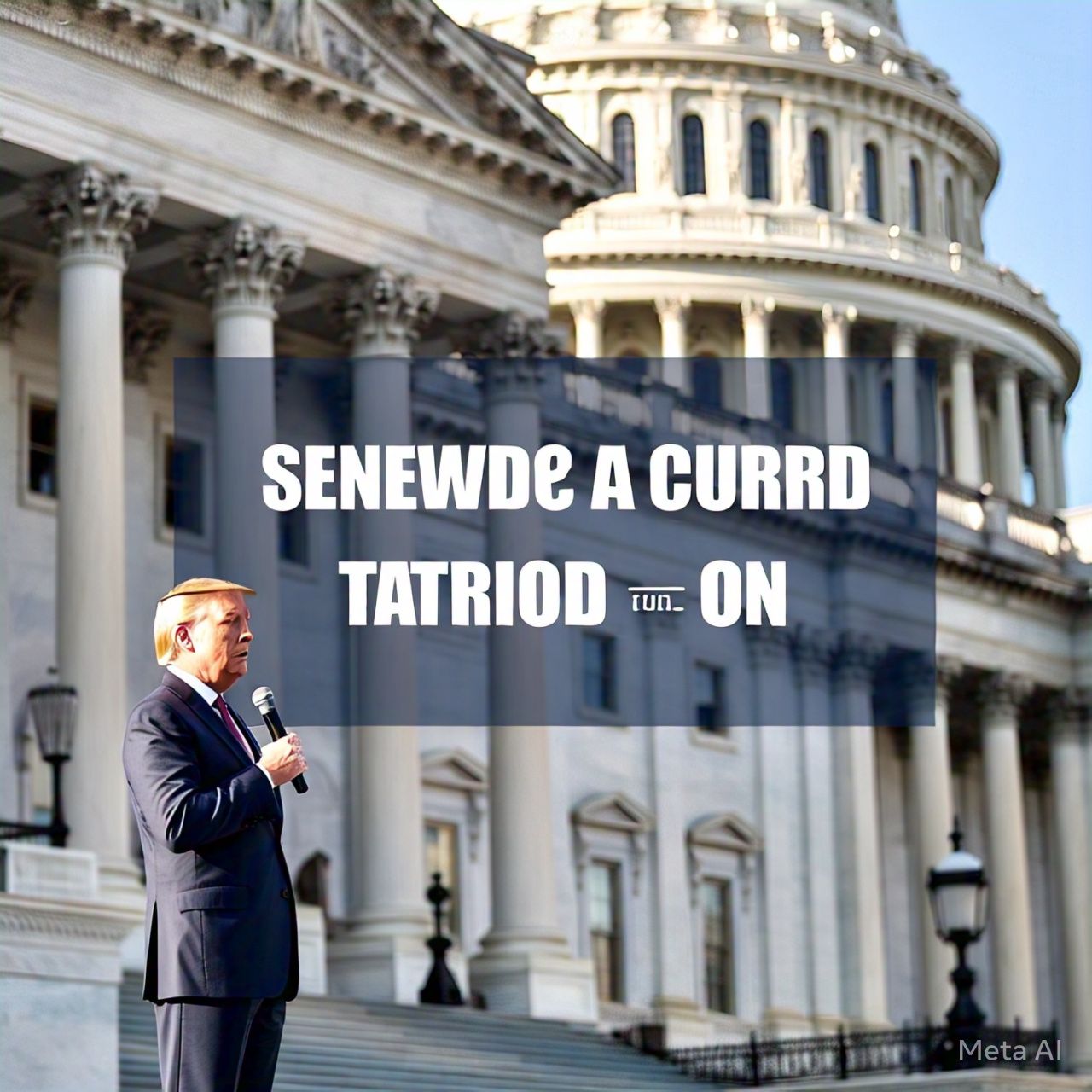In a notable move today, the U.S. Senate passed a resolution that would limit President Donald Trump’s ability to impose tariffs on Canada, signaling a rare rebuke of the administration’s economic strategy. The resolution focuses on ending the presidential emergency declaration that supports the tariffs imposed on Canada due to issues surrounding fentanyl. Though the resolution stands little chance of passing the Republican-majority House or being signed by Trump, it illustrates the constraints within the Republican Party when it comes to Trump’s aggressive trade policies.
The White House Clarifies Tariff Exemptions for Canada and Mexico
Earlier today, the White House issued a fact sheet clarifying the tariff situation for Canada and Mexico. According to the document, the two countries are exempt from the new reciprocal tariffs announced by President Trump. Goods imported from Canada and Mexico under the existing U.S.-Mexico-Canada Agreement (USMCA) will continue to be tariff-free. However, goods not compliant with USMCA will be subject to a 25% tariff, while certain non-USMCA items, such as energy and potash, will face a 10% tariff.
Should the emergency orders related to fentanyl and migration be terminated, the tariff rates could change, with non-USMCA goods facing a 12% reciprocal tariff. This clarification appears to ease concerns in Ottawa and Mexico City, where trade relations have been tense over Trump’s trade tactics.
Trump’s Tariff Proposal on Foreign Automobiles
President Trump also unveiled his plan to impose a 25% tariff on foreign-made automobiles. The new tariffs, part of Trump’s broader vision to reshape global trade, would affect a range of imports, including vehicles from major trade partners like China, the European Union, South Korea, Japan, and Taiwan. The president displayed a chart during his announcement, revealing a graduated tariff scale: 34% on imports from China, 20% from the European Union, 25% from South Korea, 24% from Japan, and 32% from Taiwan.
A “Positive Sign” for Canada
Ontario Premier Doug Ford viewed the exclusion of Canada from the list of countries facing new reciprocal tariffs as a “positive sign.” In a statement at Queen’s Park, Ford expressed relief that Canada was not directly impacted by Trump’s tariff plans. However, when pressed by reporters, Ford remained tight-lipped about what specific tariffs Canada could still face, leaving some uncertainty around the full extent of the trade situation.
A New “Kind Tariff” for Many Countries
Trump also introduced the concept of “kind tariffs” in his announcement, claiming that many countries would receive discounted reciprocal tariffs. He explained that nations would be charged half the tariffs they impose on U.S. goods, a move aimed at encouraging countries to reciprocate with lower tariffs. Trump emphasized that the best way to avoid tariffs entirely was to manufacture products directly within the U.S., continuing his focus on bolstering American industry.
Despite the optimism expressed by Ford, the trade landscape remains complex and subject to rapid changes. Canada’s avoidance of the reciprocal tariff list is seen as a relief, but the broader implications of Trump’s trade strategy are yet to fully unfold.
As trade tensions remain high, one thing is clear: the Senate’s decision to challenge Trump’s tariff powers underscores the ongoing debate within the U.S. over the future of international trade relations.



